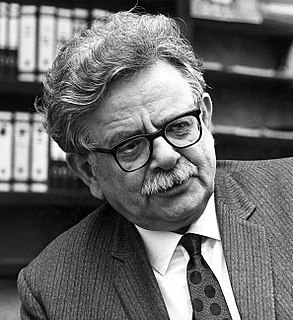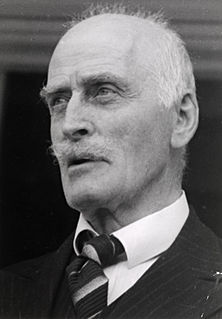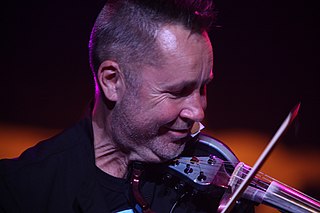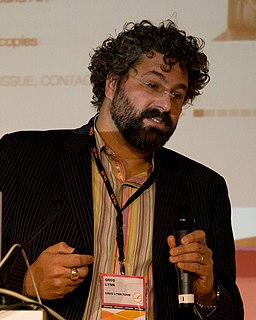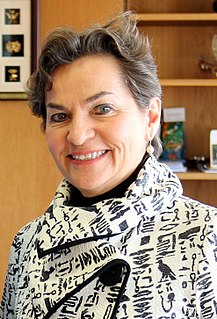A Quote by Kenny Smith
The problems of human subjectivity replicate themselves at many different scales, like the overtones and undertones in a stringed instrument striking ghost-intervals up and down into infinity. This is not Hegel's ingenuity, it is his responsiveness to the organic structure in us that echoes itself throughout the whole architecture.
Related Quotes
The car shot forward straight into the circle of light, and suddenly Arthur had a fairly clear idea of what infinity looked like. It wasn’t infinity in fact. Infinity itself looks flat and uninteresting. Looking up into the night sky is looking into infinity—distance is incomprehensible and therefore meaningless. The chamber into which the aircar emerged was anything but infinite, it was just very very very big, so big that it gave the impression of infinity far better than infinity itself.
So here I stand before you preaching organic architecture: declaring organic architecture to be the modern ideal and the teaching so much needed if we are to see the whole of life, and to now serve the whole of life, holding no traditions essential to the great TRADITION. Nor cherishing any preconceived form fixing upon us either past, present or future, but-instead-exalting the simple laws of common sense-or of super-sense if you prefer-determining form by way of the nature of materials.
Protestantism, of course, is much more explicitly divided into different traditions - the Pentecostals, the Anglicans. But there is the main tradition of Protestantism that comes out of the Reformation and that produced people like Kant and Hegel and so on, who are not normally thought of as being people writing in a theological tradition, although Hegel, of course, wrote theology his whole life.
When we come to understand architecture as the essential nature of all harmonious structure we will see that it is the architecture of music that inspired Bach and Beethoven, the architecture of painting that is inspiring Picasso as it inspired Velasquez, that it is the architecture of life itself that is the inspiration of the great poets and philosophers.
To go back to architecture, what's organic about architecture as a field, unlike product design, is this whole issue of holism and of monumentality is really our realm. Like, we have to design things which are coherent as a single object, but also break down into small rooms and have an identity of both the big scale and the small scale.
Since substance is infinite, the universe as a whole, i.e., god, Hegel is telling us that philosophy is knowledge of the infinite, of the universe as a whole, i.e, god. You cannot get more metaphysical than that. I think that Hegel scholars have to admit this basic fact rather than burying their heads in the sand and trying to pretend that Hegel is concerned with conceptual analysis, category theory, normativity or some such contemporary fad.
To go back to architecture, whats organic about architecture as a field, unlike product design, is this whole issue of holism and of monumentality is really our realm. Like, we have to design things which are coherent as a single object, but also break down into small rooms and have an identity of both the big scale and the small scale.
[T]ruly to escape Hegel involves an exact appreciation of the price we have to pay to detach ourselves from him. It assumes that we are aware of the extent to which Hegel, insidiously perhaps, is close to us; it implies a knowledge, in that which permits us to think against Hegel, of that which remains Hegelian. We have to determine the extent to which our anti-Hegelianism is possibly one of his tricks directed against us, at the end of which he stands, motionless, waiting for us.
Every comedian has a moment in his life when he realizes he's a little bit different from everyone else. It's like being the only guy in a movie who sees the ghost. The ghost talks to you and you talk to him. Then you turn to your friend and say, "Hey. Do you see that ghost? And he says, What ghost?"

